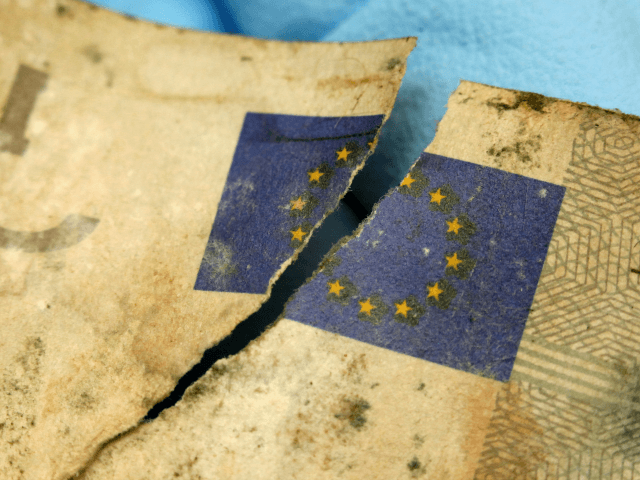Although latest polling has the European Union (EU) referendum result virtually tied at 49 per cent Leave to 47 per cent Remain, factoring in the increased likelihood to vote of out voters means the Brexit side would win a convincing victory with 52 per cent of the vote to Remain’s 45 per cent.
Results of an ORB poll for The Telegraph published today show that without taking into account people’s likelihood to vote, the outcome is a statistical tie with Leave on 49 per cent marginally leading Remain’s 47 per cent. However, after factoring in more motivated out voters exhibiting the greater likelihood of showing up to the polling booths in June, the result shifts to a seven per cent Leave victory by 52 per cent over 45 per cent.
This is because 79 per cent of out voters say they are certain to vote, with a lesser 72 per cent of Remain voters saying the same.
Undecided voters will still have a big role to play in the outcome, and the same poll shows 31 per cent of undecided or likely to change voters say their “biggest hesitation” in backing the Remain campaign is the “potential for uncontrolled or increased immigration” in the EU (28 per cent of Remain voters identified as likely to change their mind cite similar concerns). Conversely a comparable proportion says it would hesitate to vote leave because of the “damage it might cause to the UK economy”.
Analysing the poll for The Telegraph, Tory election-winning guru Sir Lynton Crosby warn’s that Prime Minister David Cameron’s ‘Project Fear’ campaign may fail to decide which campaign inspires people to vote on the day because the electorate see risks in both leaving and staying in the EU.
Sir Lynton advised Boris Johnson to two London mayoral victories and the Tories to their 2015 general election win, but is not expected to join either campaign. He advises both sides to focus on the impact of EU membership on public services writing:
Those voters who are undecided or likely to change their minds believe risks of both leave and remain to be real, and locked in deadlock. So how to increase the risk for one side or the other to get ahead? One way is to look to public services.
The truth is that it is only with a strong economy you can pay for a good NHS, better schools, and more police. But it is also true that the more pressure you put on the NHS, schools, and the emergency services through greater use, the more they will suffer.
“Complacency” is identified as “a real risk” for the Remain campaign as 76 per cent of its voters expect the country to vote to stay in the bloc reducing their motivation to vote, however 50 per cent of dedicated out voters (rising to 63 per cent among softer/undecided Leave voters) believe the UK is likely to remain in the EU regardless of their actions. Sir Lynton advises:
If as the election draws closer, Leave voters still do not believe their vote can affect the outcome, their engagement and motivation may tail off.
Poignantly, the challenge for both campaigns is the same: to raise the importance of the referendum outcome and demonstrate to their voters that there really is the potential for Leave to win.

COMMENTS
Please let us know if you're having issues with commenting.